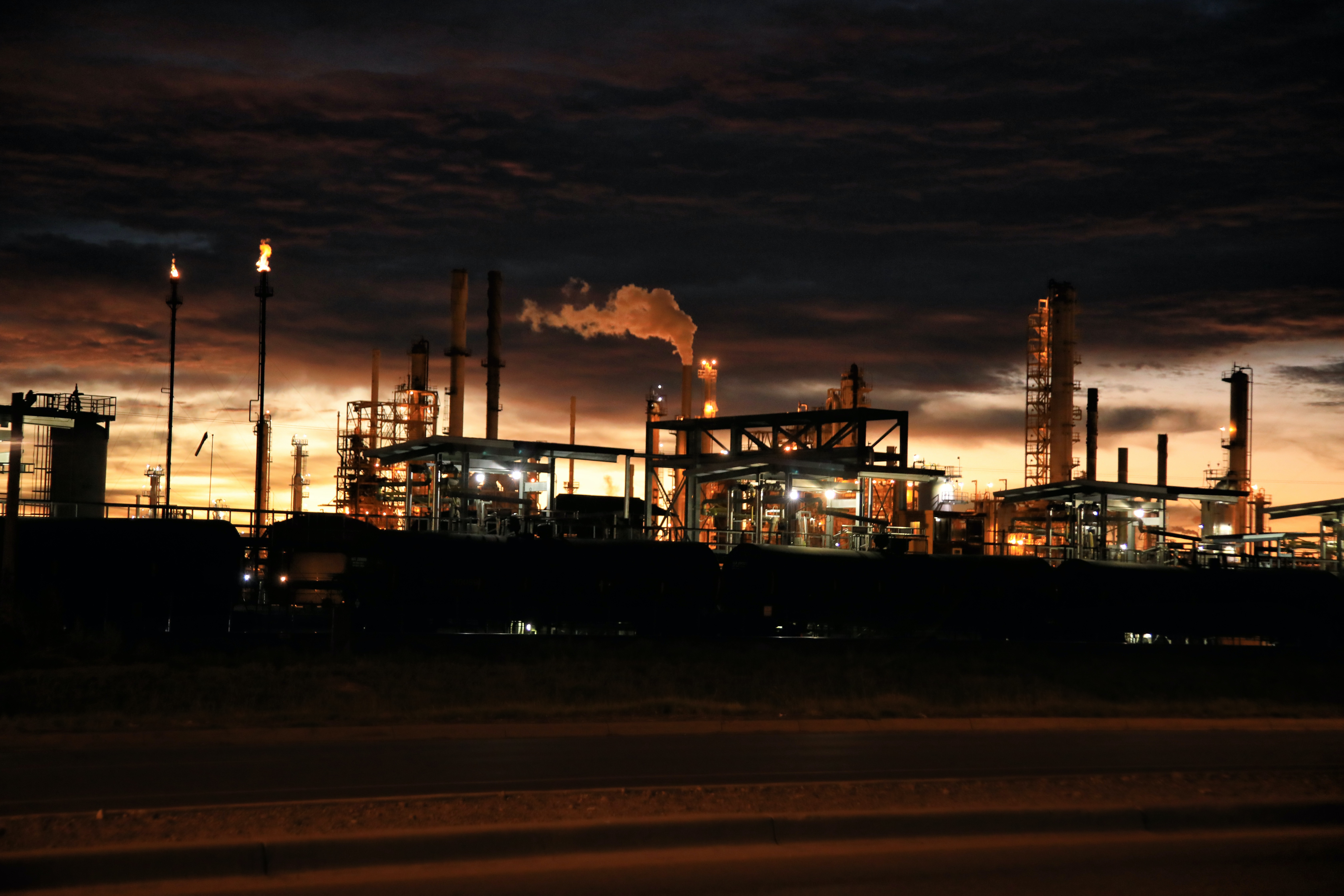06.11.2023
The largest climate project is registered in the carbon registry

A large-scale climate project for 20 years was registered with the Russian National Registry at the end of July. In the course of its implementation, a total of 583,995 carbon units are planned to be put into circulation, which is worth RUB 583.9 million at current rates.
The project is being launched by the Azot enterprise located in the city of Novomoskovsk, Tula Region. The organization is a part of EuroChem Mineral and Chemical Company, one of the largest producers of nitrogen fertilizers in the country and a leader in urea production.
Azot will build a plant for the production of liquefied carbon dioxide with a capacity of 4 tons/hour. In this way, CO2 from ammonia production will be captured and utilized.
The company launched the climate project already in September 2022 and plans to complete it in 2042. Carbon units will be released as the achieved emission reductions are verified.
Thus, to date, six climate projects have been registered with the Russian National Registry. Obviously, this is a modest number. According to Irina Petrunina, Director of the Department of Competition, Energy Efficiency and Ecology of the Ministry of Economic Development, the situation may change in the near future. According to the expert, much will become clear from the results of the Sakhalin experiment.
"We are expecting some activity as soon as we receive reports from all regulated organizations, when quotas are allocated on Sakhalin, and then there will be an interest. If quotas are not met or exceeded, there is an economic interest in those units.
And when there is demand, there is supply. This will be a little later," Petrunina noted.
The evidence that Russian business is interested in climate projects is also confirmed by Oksana Gogunskaya, General Director of the company operating the Russian Registry of Carbon Units. She said the number of registered projects will increase to at least ten by the end of the year. However, both the participants and the operator still have plenty of work to do.
"I would focus all the efforts of the participants on creating a good, quality product (carbon units). Now it is important to focus on solving other problems: to develop clear methodologies for climate projects, to develop competencies, including in terms of validation and verification, so that there are no questions to them," the expert added.
Unsplash / Alina Grubnyak/ Robin Sommer













.jpg)






















.jpg)




























































Comments